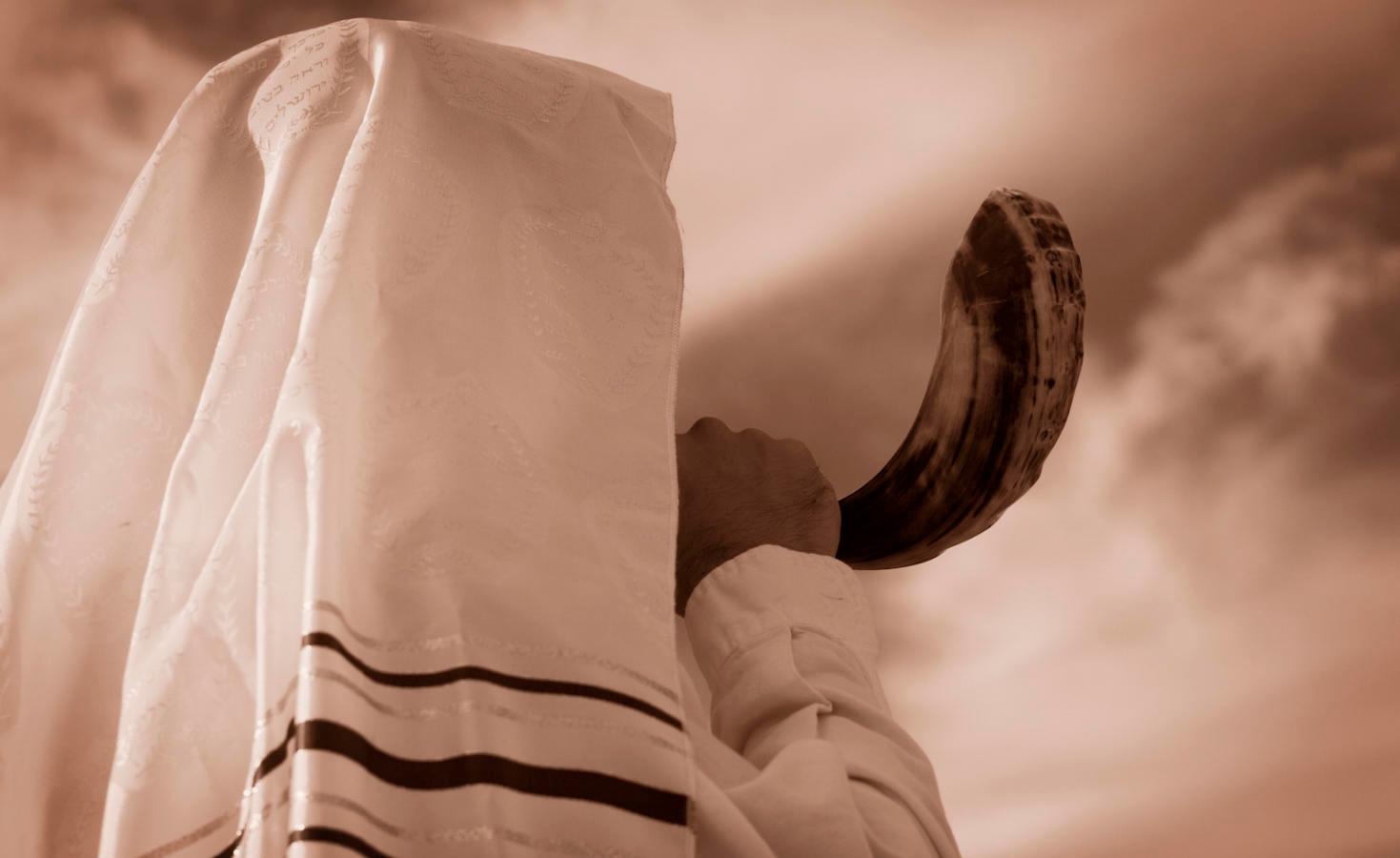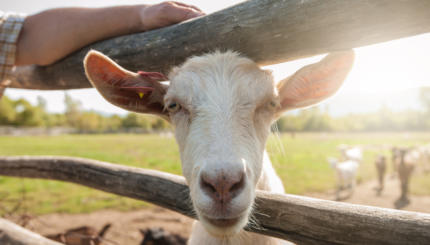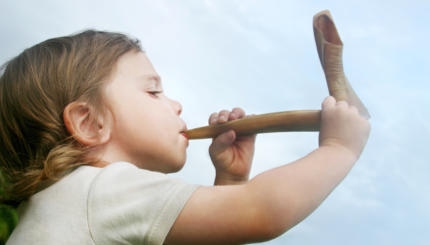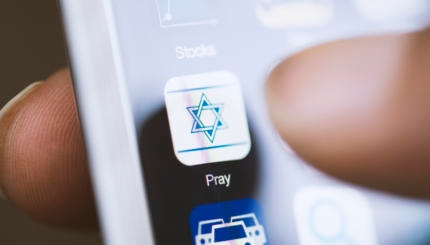Al Chet (also Al Het)— Pronounced ahl-CHAIT. Literally “for the sin.” This is the name of a prayer recited multiple times during the
service.
Avinu Malkeinu — Pronounced ah-VEE-new mahl-KAY-new. Literally “Our Father, Our King,” this prayer is recited after the Amidah (the main prayer, said while standing) and before the
service. It is recited throughout the Ten Days of Repentance, from
through Yom Kippur.
Gmar Hatimah Tovah — Pronounced guh-MAHR khah-tee-MAH toe-VAH. Literally “A good signing/sealing.” This is a traditional greeting during Yom Kippur, referring to the belief that on Rosh Hashanah our fates are written, or inscribed, in the Book of Life, and on Yom Kippur we are sealed in it.
Kittel — Pronounced KITT-uhl. A Yiddish word for robe or coat. Here it refers to a white robe that men and some women wear during Yom Kippur services. White represents the purity we hope to achieve through our prayers.
Kol Nidrei — Pronounced KOHL NIH-dray. Literally “all vows,” this is the name for the prayer recited at the outset of Yom Kippur.

Help us keep Jewish knowledge accessible to millions of people around the world.
Your donation to My Jewish Learning fuels endless journeys of Jewish discovery. With your help, My Jewish Learning can continue to provide nonstop opportunities for learning, connection and growth.
Mahzor (also machzor) — Pronounced MAHKH-zohr. Literally “cycle,” the mahzor is the special prayer book for the High Holidays, containing all the High Holiday liturgy. (The prayer book used during the rest of the year is called a siddur, which literally means “order.”)
Neilah — Pronounced nuh-EE-lah. Literally “locking,” this is the name for the final service on Yom Kippur, during which we make a final plea to God to accept our prayers and seal us in the book of life for the year to come.
Teshuvah — Pronounced tuh-SHOO-vah. Literally “return,” this word is often translated as “repentance,” one of the most significant themes and spiritual components of the High Holidays.
Tzom Kal — Pronounced tzome kahl. Literally means “easy fast.” The English equivalent, “Have an easy fast,” is also not uncommon.
Viddui — Pronounced VEE-doy. Literally “confession,” this is a prayer recited just before Yom Kippur and repeated many times during the holiday. During the Viddui, we gently beat ourselves on the chest for each transgression listed. This action serves as a symbolic punishment for our hearts, which are ultimately responsible for leading us to sins of greed, lust and anger.
Yamim Noraim — Pronounced yah-MEEM noe-rah-EEM. Literally “Days of Awe,” this term refers to the 10 days from Rosh Hashanah through Yom Kippur.
Yizkor — Pronounced YIZZ-kohr. Literally “May God remember,” is a prayer service in memory of the dead, which is held on Yom Kippur and on the last day of each of the three festivals, Passover, Shavuot, and Shemini Atzeret.
Yom Tov — Pronounced YOHM tohv. Literally “good day,” this is a generic term used to refer to major Jewish holidays.
Want to learn more about the High Holidays? Sign up for a special High Holiday prep email series.



